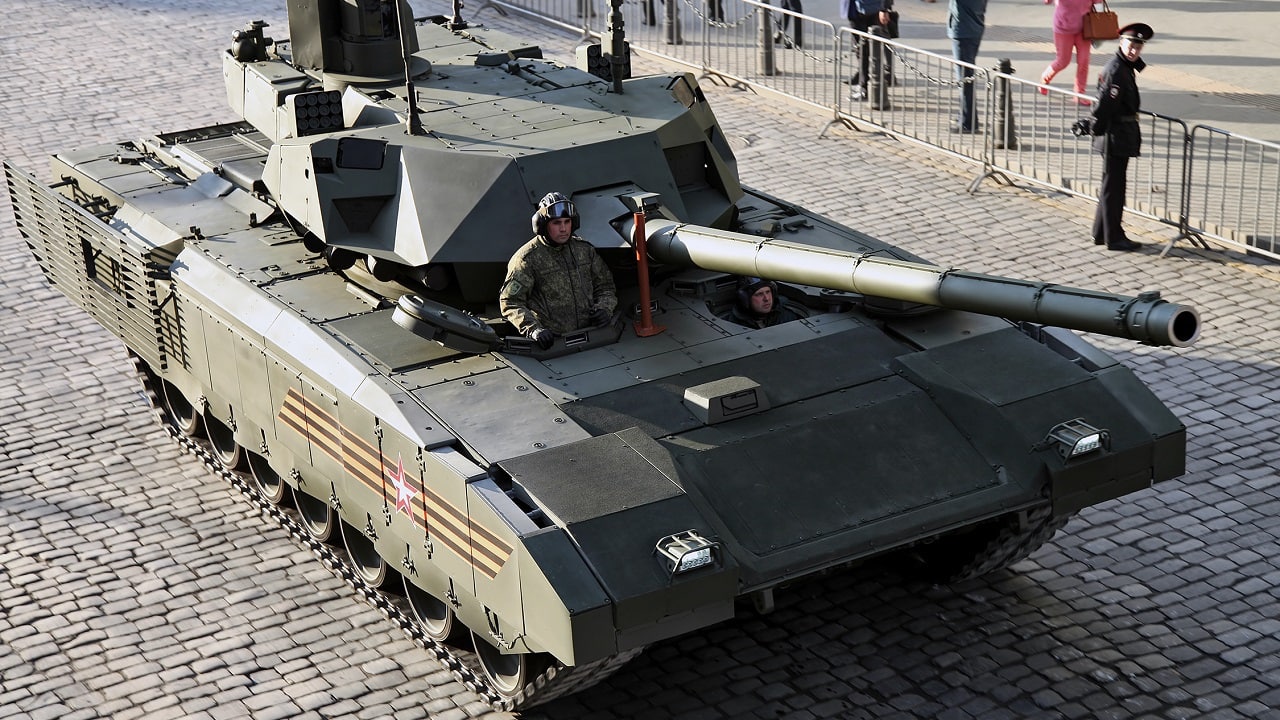 At some point the war in Ukraine will end, and Russia will seek to re-enter diplomacy and the world economy, and shed the heavy sanctions and isolation on it. This will be a major part of whatever the final peace deal emerges. (This is a local re-post of an essay I wrote at 1945.com.)
At some point the war in Ukraine will end, and Russia will seek to re-enter diplomacy and the world economy, and shed the heavy sanctions and isolation on it. This will be a major part of whatever the final peace deal emerges. (This is a local re-post of an essay I wrote at 1945.com.)
The model of what not to do is, of course, Weimar Germany. France particularly fought the re-normalization of post-WWI Germany. This fired a revanchist far right which eventually destroyed the Weimar Republic. Any final status deal on Ukraine shouldn’t punish Russia so harshly that we drive its domestic politics toward even more radical right voices than Putin’s.
Conversely, this was pretty clearly a war of choice. Russia has to be punished in someway. Also, Russia is now pretty clearly a threat to its neighbors. There is a case against re-normalization – to leave sanctions and diplomatic isolation on belligerent Russia after the war to keep it weak.
This will be a tough balance to find, especially since Putin will likely stay in power which will insure a continuing informal isolation: western leaders will probably never meet Putin personally again; western companies will likely never return with Putin in power.
My own thoughts on the terms a peace deal are here. In short, I think Ukraine should get an indemnity, EU membership, a military, and territorial integrity, while Russia gets Ukraine out of NATO, sanctions rollback, diplomatic re-normalization, Crimea, and Putin in power.
Here is that essay at 1945:
It is now apparent that Russia will not conquer Ukraine. Russian President Vladimir Putin has significantly over-reached. His defense ministry recently scaled back its war aims. The army now claims to only seek to gain the eastern Donbas region of Ukraine. If Putin follows through on this change, it should take pressure off the Ukrainian capital and the Black Sea coastline.
The War is Stalemated, Perhaps even Turning against Russia
There is obviously much cause for skepticism. Putin has limited his goals because Russia is stalemated in the war, perhaps even on the cusp of losing. It is highly unlikely that Putin has changed his beliefs that Ukraine is a fake country that should be controlled by Russia.
Nevertheless, this partial de-escalation is the first step toward resolving the conflict. Now that Putin’s offensive has culminated, he is unlikely to make any major new gains.
Please read the rest here.

 This is a re-post of something I
This is a re-post of something I